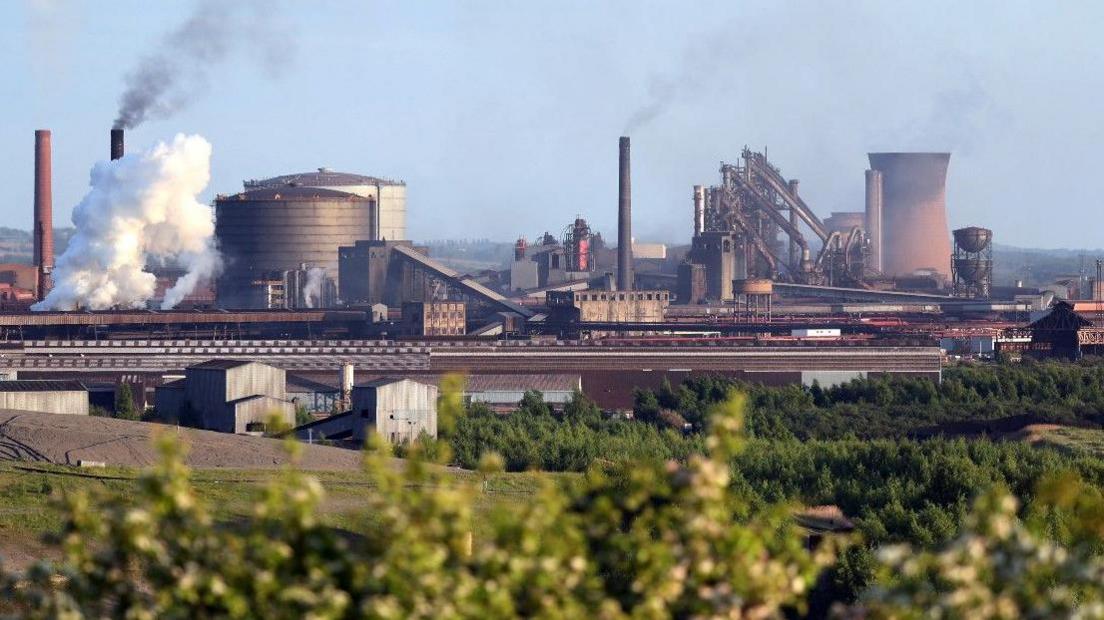'Steelworkers are quitting because of uncertainty'

Paul McBean, a former worker and union leader at the Scunthorpe plant, now looks after the retired steelworkers' cottages in the town
- Published
A year on from the announcement of a £1.25bn green transition for British Steel, it is claimed dozens of workers are quitting its Scunthorpe site every month. As Jo Makel reports, some are losing patience and are wearied by speculation as they wait to see what the future holds.
“We might as well ask a Magic 8 Ball,” one steelworker laughs when I ask what’s happening with Scunthorpe.
Union reps say there is a “vacuum of communication” about the future of the steelworks, so they joke about consulting the children’s toy – which gives an (often ambiguous) answer to any question you pose.
But the uncertainty is serious.
As many as 30 to 50 people are leaving the site each month, according to Paul McBean. He is one of them.
“I was of an age where I could go. I’ve got a good pension,” says the former multi-union committee chairman, who left in April.
“I didn’t want to leave. But I couldn’t cope any more with what the owners were doing.
“It's been going on for a year or two. A lot of people are leaving because they are getting no information.”
Mr McBean's figures are “about right”, the current union reps agree.

John Taylor, who left the steelworks 18 months ago, and Barbara Thornton, whose husband worked there after leaving school, fear for the future of the town
Martin Foster, the site convenor with Unite, says working hours are being managed and recruitment is happening, but not always keeping pace.
“It’s difficult to recruit, particularly in engineering – it's difficult generally in the UK. But it is a bit worrying that we’re losing people and not replacing them as fast,” he says.
“Over the last year we’ve seen a lot of people in their late 50s take early retirement – that's not uncommon.
“But we’ve seen a few younger ones leave because of the uncertainty. These are young people with families, probably a mortgage, so they need that security.
“They can’t afford to wait and that’s the trouble – we are constantly waiting to hear a definite outcome. How are we going to change from traditional ways of making steel to new, greener ways?”
In November last year, Jingye, the Chinese owner of British Steel, announced the “biggest transformation" in the history of the site.
It described a £1.25bn decarbonisation plan, which would involve shutting Scunthorpe’s traditional blast furnaces and replacing them with a 130-tonne electric arc furnace, potentially by late 2025.
But the proposal was also “subject to appropriate support from the UK government”. Jingye is reportedly hoping for £300m.
It’s already late 2024. Despite determined words and ongoing discussions, there is no announcement of a firm deal on the table; no detail about how and when the transition will take place.
British Steel says it is committed to transforming into a “green and sustainable company providing long-term, skilled and well-paid careers for thousands of employees and many more in our supply chains".
In a statement, it adds: "We are in ongoing discussions with the government about our decarbonisation plans and the future operations of our UK business. While progress continues, no final decisions have been made.”
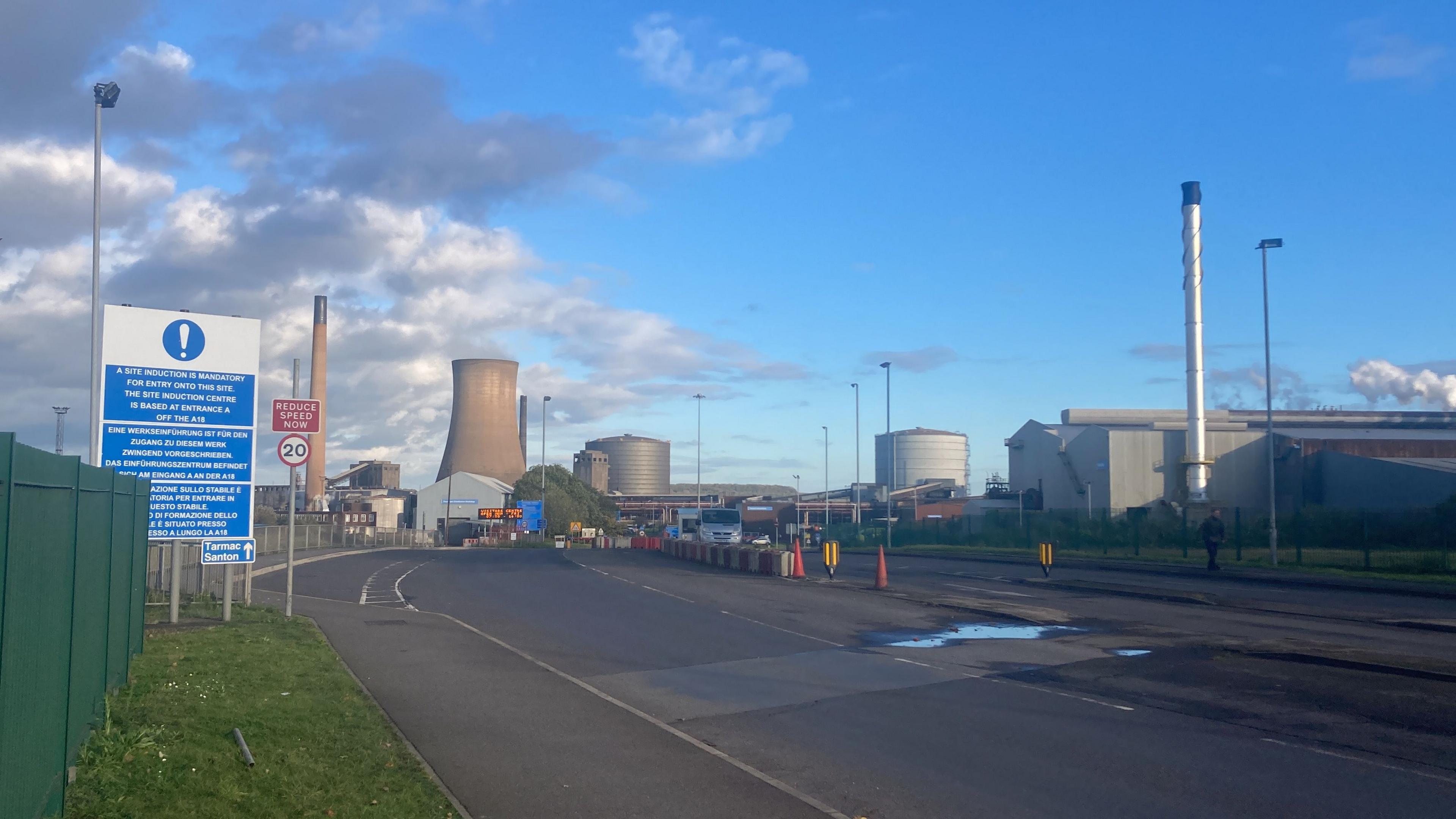
The British Steel plant, in Scunthorpe, is facing a huge green transition
The government has said it will not “allow the end of steel making in the UK” and has “committed up to £2.5bn of investment to rebuild the UK steel industry and support communities now and for generations to come”.
However, concerns have grown after Tata, the owner of the Port Talbot steelworks, closed its blast furnaces in September, cutting 2,000 jobs.
Plans have been submitted for an electric arc furnace for the plant in South Wales, but that is not expected to be up and running until 2027.
Unions in Scunthorpe want a side-by-side transition and an exploration of other technology. Previously, they have warned that the green changes would put 2,000 jobs at risk – while thousands more could go in the ripple effect on suppliers and other private companies in the town.
Mr Foster is calling for a plan to be made public urgently. He says his members are wearied by the political and media speculation filling the gap.
“Our members on site need that information because, let's not forget, we're not just talking about jobs here. We're talking about families. We're talking about communities,” he adds.
'I see doom'
It is often said there are few families in Scunthorpe without a link to the steelworks.
At a cafe in Ashby, I sit down with John Taylor – another former steelworker who left shortly before last year’s green announcement. But by chance we end up sharing a table and our discussion with Barbara Thornton, whose husband worked at British Steel from leaving school.
“It’s a big worry,” she says. “The town relies on the steelworks in one way or another. If people haven’t got work, the infrastructure breaks down. You fear for the younger ones.”
Another woman has also been listening. Her father and brother worked there.
“It’s been our life, generation after generation," she says with passion.
Mr Taylor says he understands the need to change the industry, but people do not want to wait for the impact.
“A lot of people have jumped before they’re pushed. They can see there’s going to be a mass exodus of people. And there’s only so many jobs out there,” he says.
“It really does worry me. If the steelworks goes, the infrastructure will fall apart. We’ve all worked all our lives to buy a house. That house is going to be worth half of what it used to be... it spirals.”
Jingye was “brilliant” when it first took over, he says. But when he looks to the future, he tells me, “I see doom”.
The government says it is working with trade unions and businesses across the UK, including British Steel. But in Scunthorpe, they feel there is not a lot of feedback – just lots of questions.
In a park overlooking the steelworks, I shake a Magic 8 Ball. Can it tell me what the future holds?
I turn it over, anticipating its “wisdom”.
“Answer unclear,” it says, “ask me later.”
Listen to highlights from Lincolnshire on BBC Sounds, watch the latest episode of Look North or tell us about a story you think we should be covering here, external.
Related topics
- Published17 July 2024
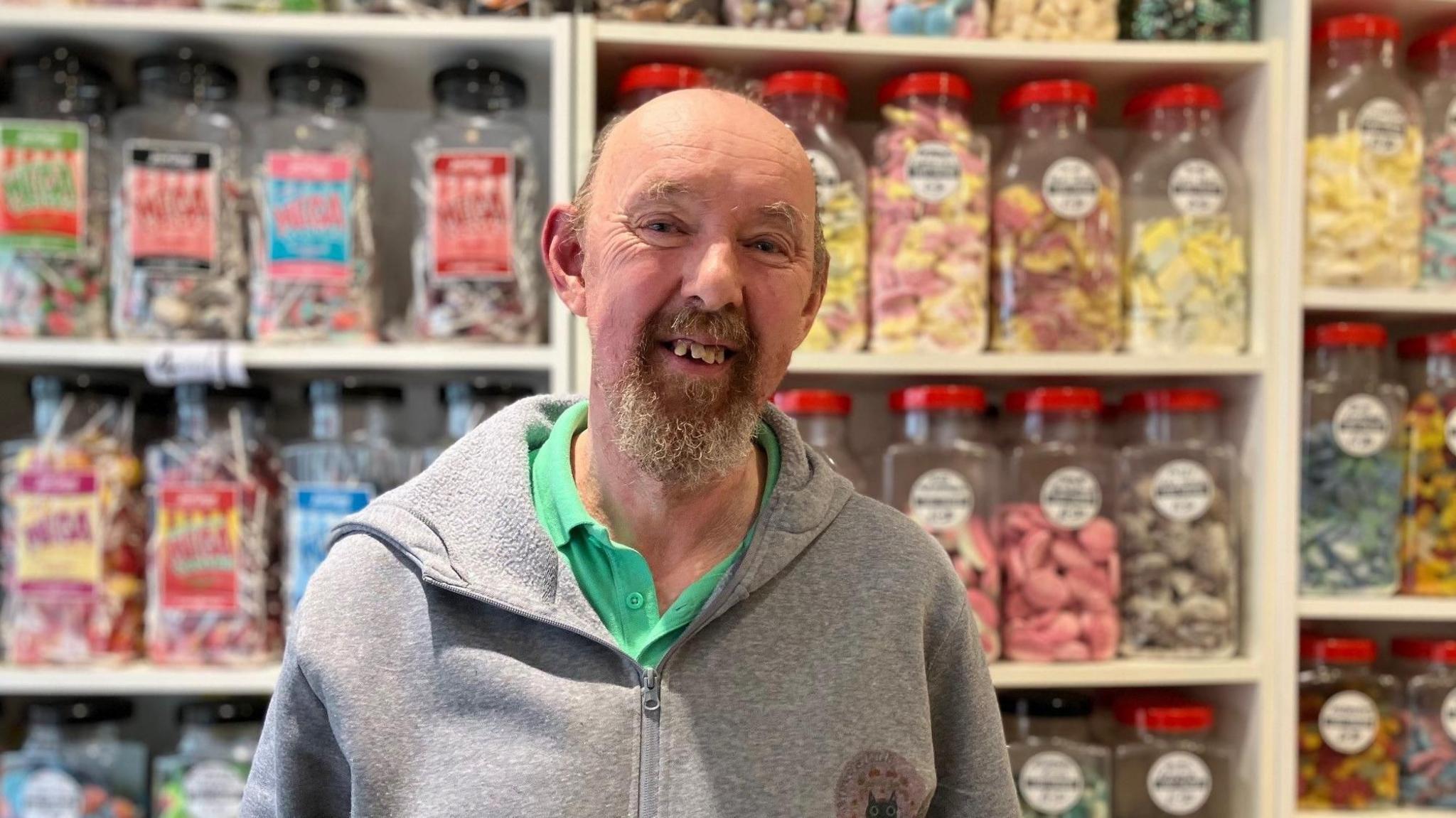
- Published25 August 2024
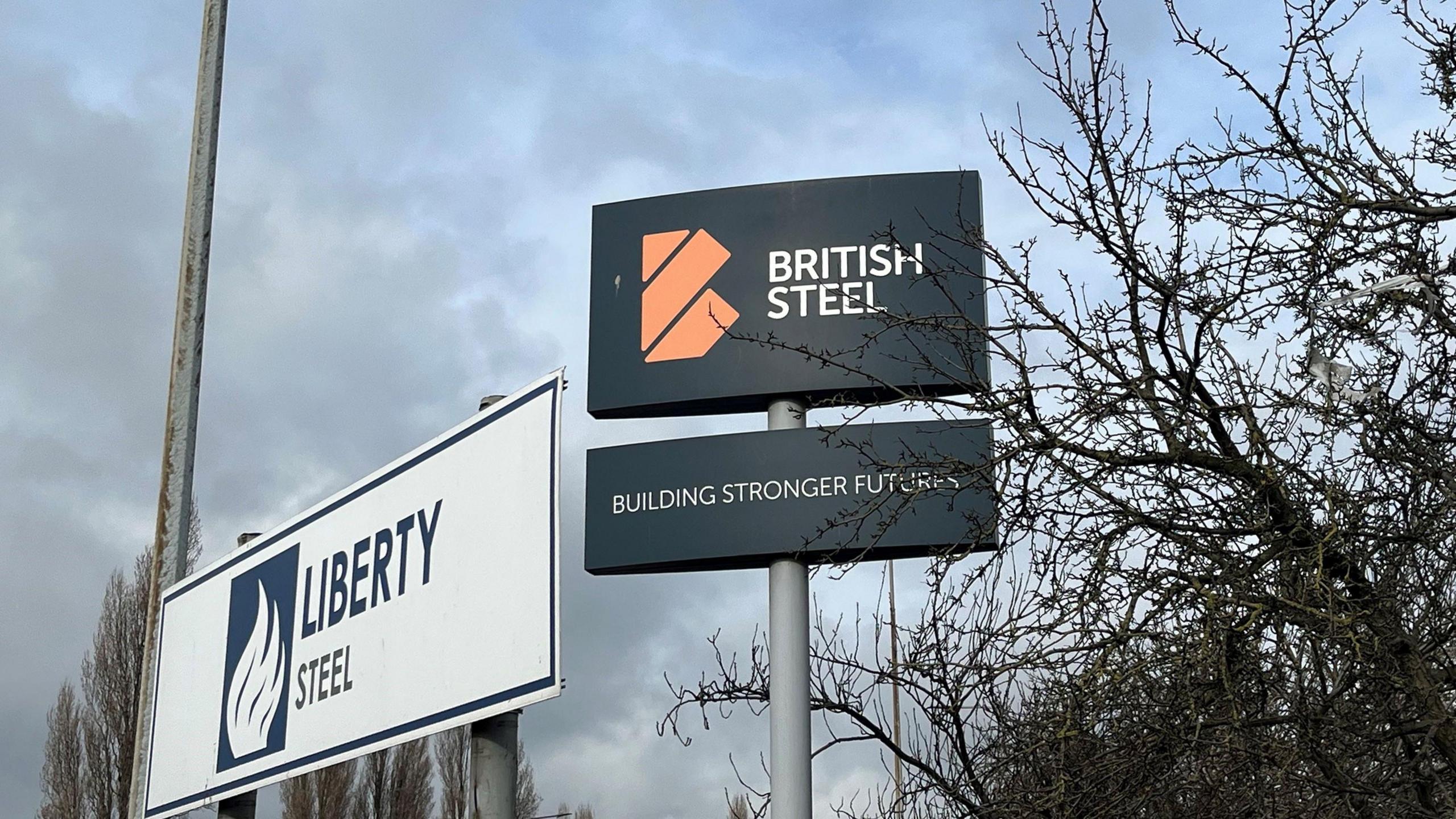
- Published5 September 2024
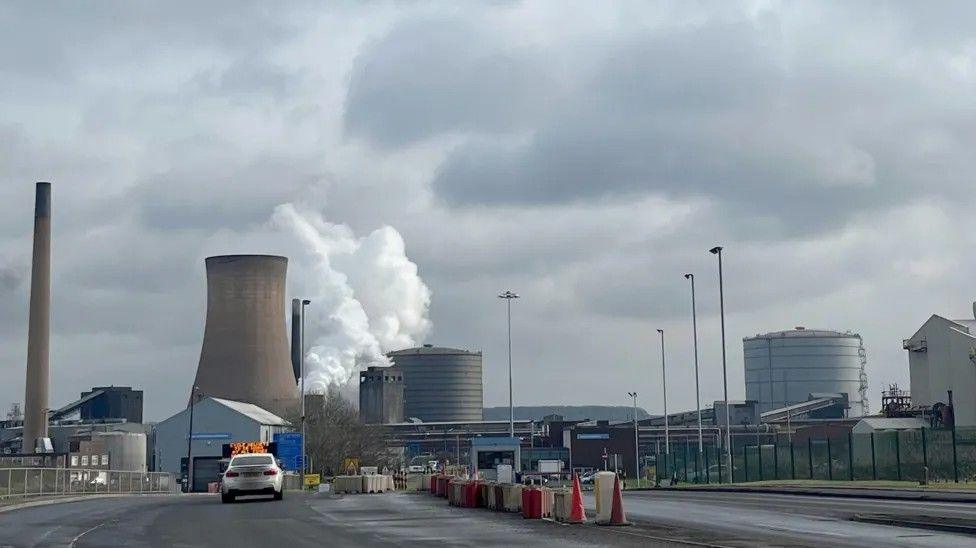
- Published1 August 2024
